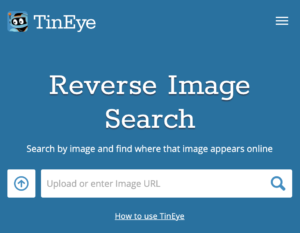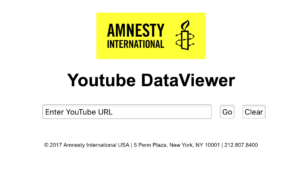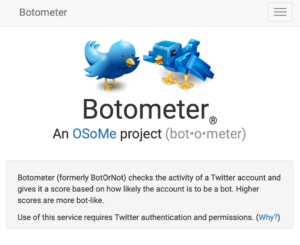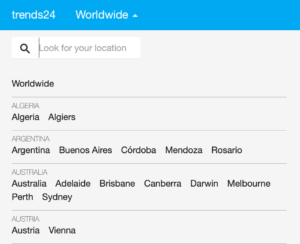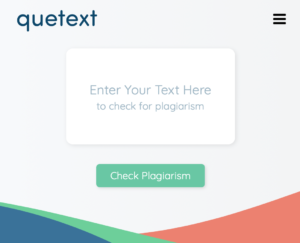There are so many no or low-cost tools available to monitor, assess and create winning content online. Costly subscriptions for digital monitoring and marketing software aren’t in the league of many of the organisations we work with – but that doesn’t mean they need to go without.
We’ve done the hard yards for them by trying and testing five free online tools to help them be more digitally savvy:
TinEye
Similar to Google reverse image search, TinEye takes the process a few steps further by revealing not only where an image has been posted elsewhere online, but also how it has been modified.
So the next time a user reports a large fire with a photo on social media, you can use TinEye to discover that the image has been cropped and zoomed in on to make a very small campfire look like a blazing inferno.
The search engine is free of charge for non-commercial use.
Amnesty International – YouTube DataViewer
Kind of like the TinEye search for videos, this nifty tool allows you to trace the source of any YouTube video.
Simply copy and paste the Youtube URL into the YouTube DataViewer and click ‘go’. Then, hey presto!
You quickly discover that the video of a protest supposedly happening outside your building was actually footage taken outside a football match in Sydney back in 2008.
Botometer
Formally known as ‘BotOrNot’, this handy tool will tell you how likely someone’s Twitter profile is a bot (or not). The higher the score, the more likely the profile is a bot.
Developed by creators at Indiana University, Botometer can also predict how many followers of a profile are likely to be bots.
Every wondered how your colleague has so many followers? Now you can investigate if their following is actually made up of real people…
Trends.24
The trends on Twitter change quickly and it can be hard to determine when and for how long a particular topic was trending in a specific place.
This is where Trends.24 comes in – a simple online dashboard that gives an hour-by-hour breakdown of what’s been trending on Twitter in a certain location over the past day.
It’s useful context for both timing and reach of campaigns and live issues burning up Twitter feeds worldwide.
Quetext
A free or low-cost option for detecting plagiarism. Quetext allows you to check the authenticity of material before you publish it under the organisation’s name.
So the next time a colleague sends you an article to appear on the guest blog, you can check it really is their work before someone else catches them out!
Depending on how much you need to use the tool, you can upgrade to a low-cost subscription.

